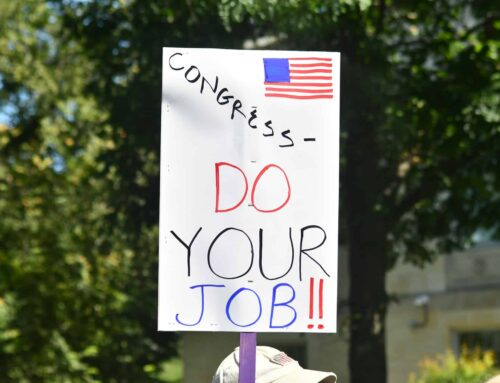During the 2000 campaign, Vice President Richard Cheney promised to run the nation like a business, aiming for efficiency in order to maximize gains. At that time, the Republican party touted his credentials as a former CEO, president, and chairman of the board of Halliburton Corporation as a major political asset. Unfortunately, if the US Government is run with the same corporate ethics employed by Halliburton during Mr. Cheney's reign, taxpayers should expect to get the shaft.
After Cheney joined Halliburton in 1995, the company's portfolio of military contracts and government-backed work grew rapidly and this second-tier oilfield services firm was transformed into the industry's top player. Cheney stepped down as CEO in 2000 with an early retirement package worth $34 million, selling his stake near the stock market's peak.
Just two months after Cheney cashed out, Halliburton announced that its subsidiary, Kellog Brown & Root Services Corporation (KBR), had been sued for allegedly overbilling the Army. KBR is the Army and Navy's exclusive provider of logistical services such as food preparation, construction, power generation and fuel transportation. Between 1995 and 1997, the company allegedly inflated and fabricated billings to the federal government by as much as $6 million for more than two hundred work orders valued at $18.4 million. For example, at Fort Ord military post in California, KBR performed a classic bait and switch by having the federal taxpayer pay for cast-iron plumbing and sheet-metal heat ducts in an office building when in fact materials of lesser quality were used. In a different situation, KBR convinced the Army to shell out $750,000 for electrical repairs that only actually cost about $125,000.
By inflating the apparent cost of projects, the corporation increased its profits at the expense of taxpayers. Dammen Gant Campbell, the former KBR contracts manager who blew the whistle on the Ford Ord project, testified that the company intentionally failed to deliver many items. In February 2002, KBR paid $2 million but denied any wrongdoing.
While the case was still pending, last December the Army awarded KBR an uncommonly lengthy ten-year contract with no cost ceilings. The Navy also granted KBR a $300 million, five-year logistic support contract, including the construction of more permanent facilities in Guantanamo Bay, Cuba. By hiring an outside company to handle logistics, the Pentagon may end up spending as much as 20 percent more taxpayer dollars than if the military employed its own personnel.
Another damaging piece of news that emerged after Cheney's departure was that a $7.7 billion corporate acquisition in 1998 which Cheney devised had exposed Halliburton to huge asbestos liabilities. As a result of concerns about asbestos liabilities, sagging profits in the energy business and investigations by the Securities Exchange Commission into accounting practices when Vice President Cheney ran the company, Halliburton stock has plummeted 76%, eliminating all gains recorded during Mr. Cheney's tenure. The company's market value has collapsed from $24 billion to $6 billion. Industry analysts attribute as much as one-third of Halliburton's market decline to events that occurred under Cheney but did not surface until he left. Judicial Watch, a nonpartisan, government watchdog group, filed a lawsuit with investors accusing Cheney and Halliburton of defrauding investors by using a new procedure to inflate the company's reported earnings.
It is incredibly alarming that despite the fact that Halliburton is being scrutinized for questionable business practices, federal agencies have continued to award them with exclusive contracts that have neither a price tag nor an expiration date. The recently-awarded Army and Navy contracts are a sign that the US government is, indeed, being run like a business, just not like a smart one.










